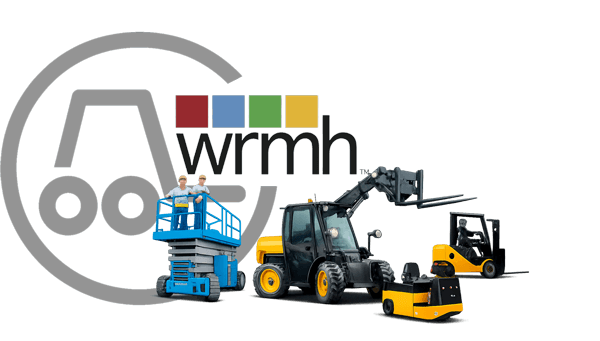How to Slash 70% from your running costs by using Lithium-Ion Powered Forklifts
WHEN COMPARED TO THOSE RUNNING ON GAS and DIESEL
In the world of material handling, every shift counts. Every pallet moved and every hour logged adds up — not just in output, but in cost. That’s why more companies are making the switch to lithium-ion powered forklifts, and the results speak for themselves. On average, running a lithium-ion forklift costs up to 70% less per shift than those powered by traditional fuels like propane or diesel. But how is that possible?
Let’s break down the key reasons behind this dramatic savings — and why it might be time for your business to make the shift.

1. Lower Energy Costs
Unlike internal combustion engines that rely on expensive and fluctuating fuel prices, lithium-ion batteries are far more energy efficient. You get more usable energy per dollar, and that efficiency translates directly into lower operational costs. Simply put: electricity is cheaper and more stable than gas.
2. No Need for Refueling Infrastructure or Storage
Propane tanks and diesel fuel require dedicated storage, safety protocols, and regular deliveries — all of which add cost and complexity to your operations. Lithium-ion forklifts charge directly from the grid, eliminating these extra steps. That means no more managing hazardous fuels or investing in costly refueling stations.

3. Reduced Downtime
Lithium-ion batteries can charge quickly (often in under 2 hours) and even support opportunity charging — quick top-ups during breaks or shift changes. This means fewer stops, less waiting, and more time moving product. Traditional batteries need long charge times or cool-down periods. Internal combustion engines need refueling and maintenance. That wasted time adds up fast — and costs you money every shift.
Additionally, lithium-ion batteries are safer to handle as they are sealed units and do not pose risks of acid spills or toxic exposure. This reduces potential accidents and associated costs related to workplace injuries or environmental cleanup.
4. Virtually Maintenance-Free
Compared to propane or diesel engines — with their filters, oil changes, and routine servicing — lithium-ion batteries are almost maintenance-free. No engine tune-ups. No emissions checks. No mechanical headaches. That means fewer service calls, lower labor costs, and greater reliability over time.

5. Longer Lifespan, Lower Total Cost of Ownership
Lithium-ion batteries last significantly longer than lead-acid alternatives — often up to 3,000 charging cycles — and maintain performance throughout their life. The cost may be higher upfront, but it’s a solid investment that pays off quickly when you consider long-term durability and efficiency.
6. CLEANer, SAFER, SMARTER
Besides the clear financial benefits, lithium-ion power is cleaner and safer. No fumes. No fuel leaks. A quieter, smoother ride. These improvements reduce workplace risks and create a better environment for your team. Plus, advanced battery management systems (BMS) ensure optimal energy use and health monitoring, preventing unexpected failures.
Conclusion: A Smart Investment
The bottom line is that Lithium-Ion forklifts are the smart financal choice. When you tally up fuel savings, reduced maintenance, higher uptime, and longer battery life, it’s no surprise that lithium-ion forklifts deliver up to 70% lower per-shift operating costs. For warehouses, distribution centers, and manufacturing floors looking to stay competitive, the switch is not just smart — it’s strategic.
Ready to reduce your operating costs and boost efficiency? Lithium-ion isn’t just the future — it’s the smartest move you can make today.
